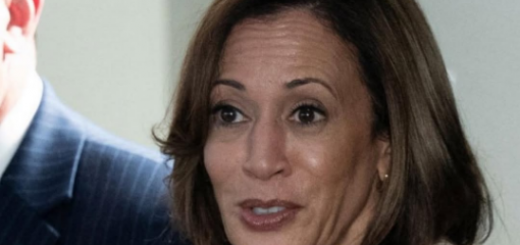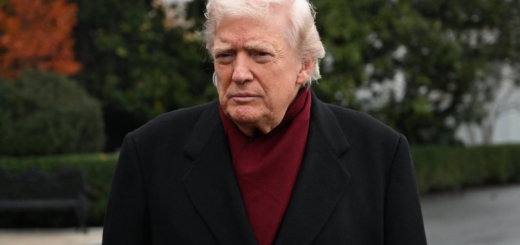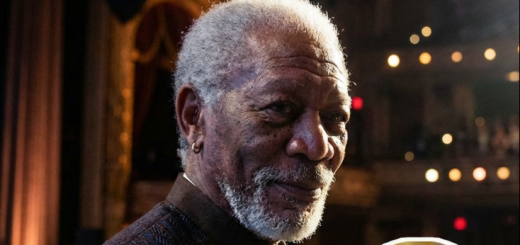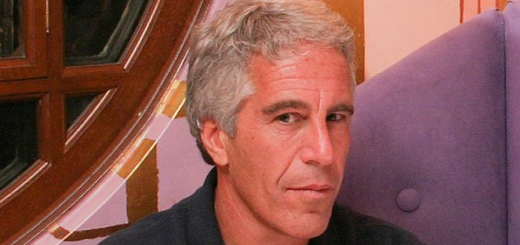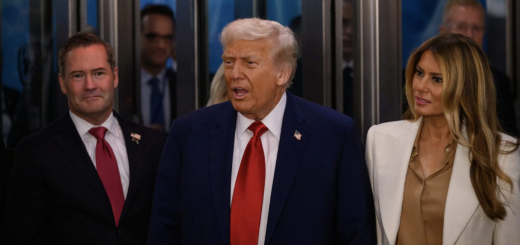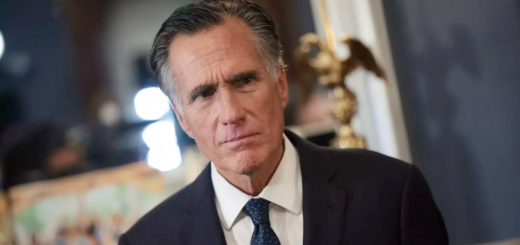Gavin Newsom’s Old Scandal Resurfaces as New Rhetoric Draws Scrutiny
California Governor Gavin Newsom is facing renewed attention on two fronts: an affair from his time as San Francisco mayor that he publicly apologized for nearly two decades ago, and recent heated comments he made about fighting political opponents that critics say risk escalating partisan tensions.
A controversy from the past
Newsom acknowledged an extramarital relationship with Ruby Rippey Gibney—who served in his mayoral office—while he was San Francisco’s mayor.
He publicly apologized for the episode at the time, saying he had “hurt someone I care deeply about” and that he was sorry to the people of San Francisco; the matter prompted staff changes in his office in 2007.
Gibney later said she supported aspects of the #MeToo movement while also noting the 2005–2007 episode involved consenting adults and complex personal circumstances.
Coverage of the episode resurfacing now notes that it has followed Newsom through his political rise and could be brought up again if he seeks higher office.
In August 2025, Newsom drew headlines again after a podcast appearance in which he used combative language while criticizing Republican redistricting efforts and federal actions affecting California.
In a clip circulated widely, he said his side was “fighting fire with fire” and used a crude phrase about “punching” political opponents — language that opponents and some commentators called inflammatory given the tense national climate.
The remarks were captured in published transcripts and widely reported.
Newsom’s defenders say his remarks were rhetorical, aimed at ramping up political pressure and mobilizing supporters against what he described as efforts to “rig” electoral maps.
Critics argue that even rhetorical escalation by senior officials can contribute to a more hostile political environment.
Reporting around the comment also noted the broader context: Newsom’s aggressive public campaign against recent redistricting efforts in other states and his increasingly national profile.
Why this matters now
Two things make these stories timely:
Political ambition and scrutiny. As Newsom’s national profile grows and speculation about future presidential ambitions continues, past controversies and recent public statements receive renewed attention.
Voters and commentators often reexamine a candidate’s record and temperament when national ambitions are discussed.
The tone of public discourse. Newsom’s recent rhetoric comes amid heightened concern about political violence and polarized media.
Many observers say leaders should choose careful language; others say blunt rhetoric is part of hard-nosed politics in a polarized era.
The debate highlights competing views on strategy and responsibility in public speech.
Newsom’s response and political fallout
When the 2005–2007 affair first broke, Newsom apologized on camera and sought treatment for personal issues he said were contributing factors; staff departures and political consequences followed at the time.
After the August 2025 podcast clip spread, some critics urged stronger rebukes; others argued context matters and that Newsom later condemned actual violence when it occurred.
Newsom’s office has defended him by pointing to his record on policy and his continued emphasis on protecting California’s interests.
Media outlets and commentators remain divided on whether the episode will have lasting political impact.
Bottom line
Both the older personal scandal and the recent pointed rhetoric illustrate how personal history and public language can intersect—especially for politicians with national visibility.
For voters, the episode raises familiar questions: how should past personal mistakes weigh against a candidate’s record, and how far should heated rhetoric be allowed before it undermines civic discourse?
As Newsom’s profile continues to rise, these questions are likely to be revisited by journalists, opponents, and voters alike.

